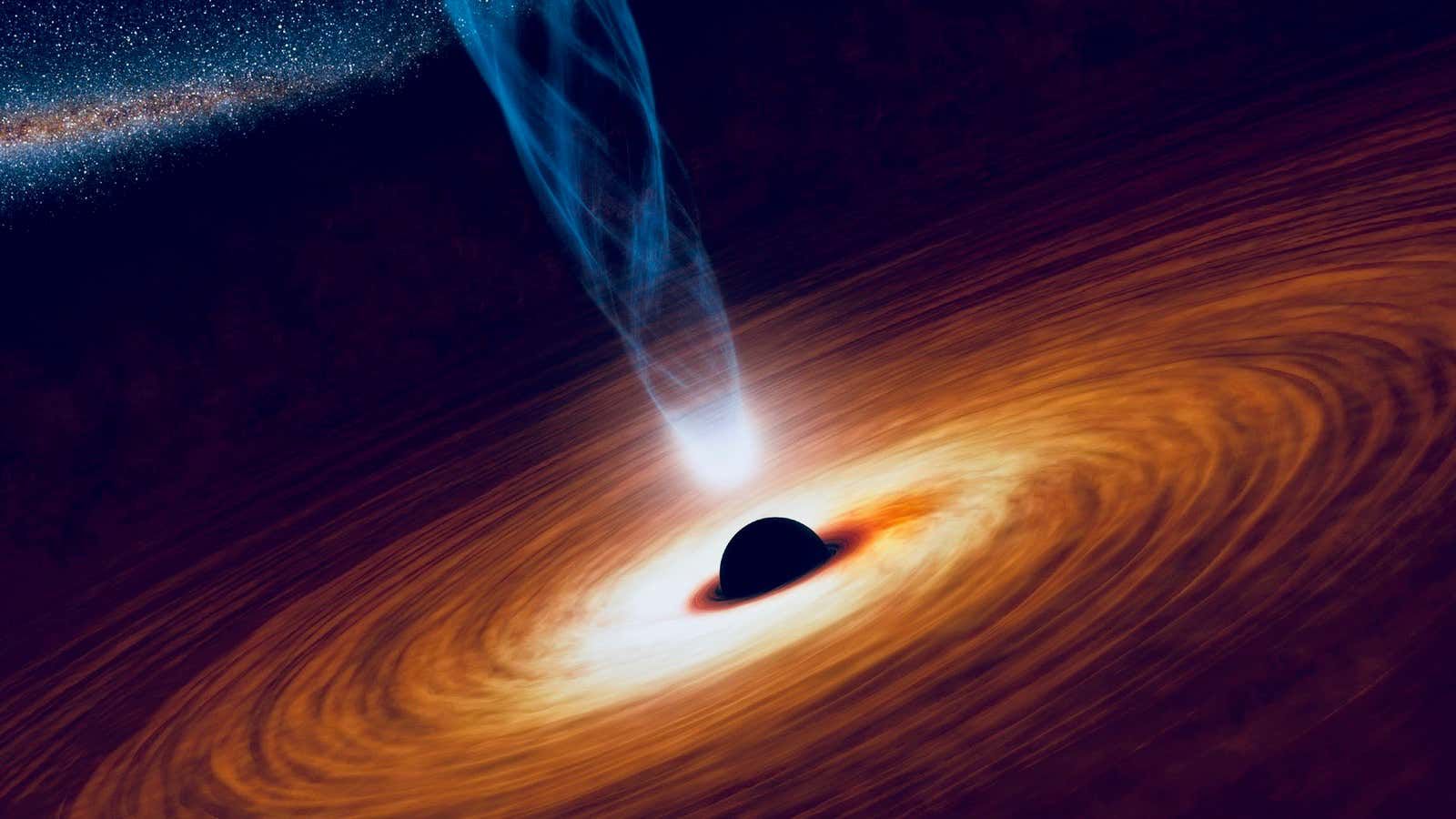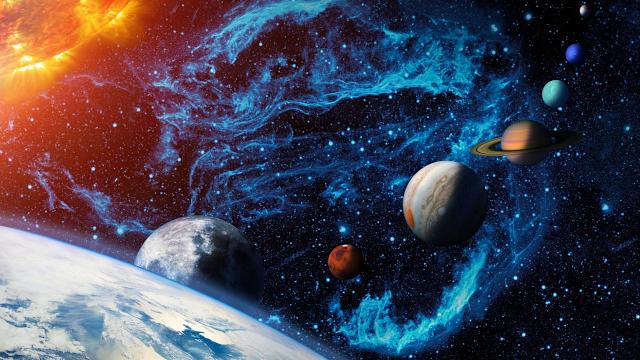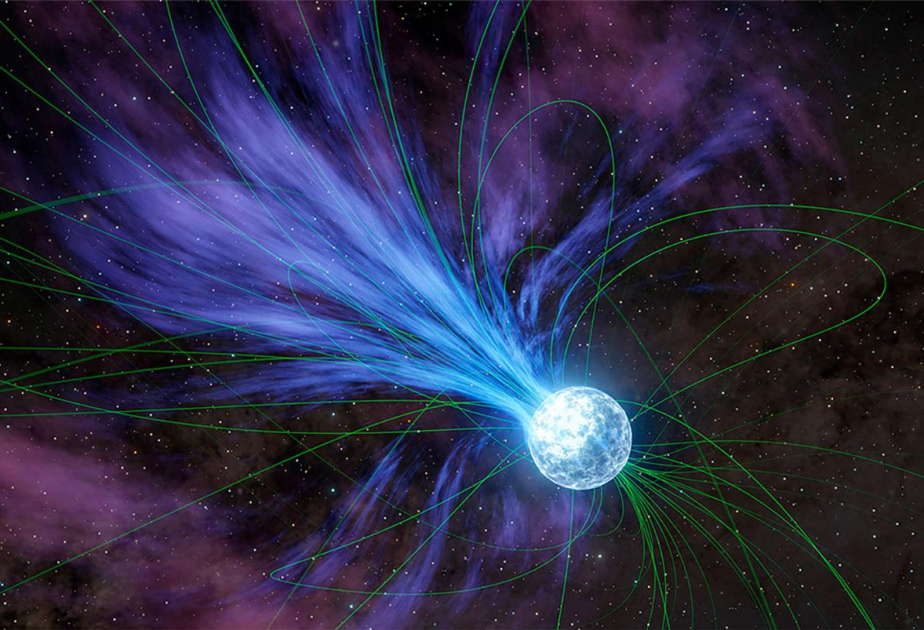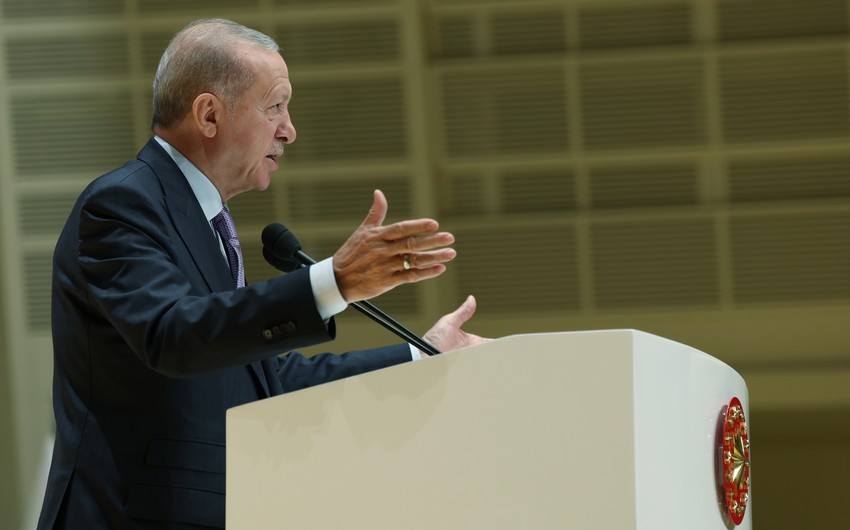The Hawking Paradox: Black Holes
Black holes are among the most enigmatic objects in the universe. Their gravitational pull is so intense that even light cannot escape. However, in 1974, renowned British physicist Stephen Hawking demonstrated that black holes aren’t entirely “black.” His discovery revolutionized the field of physics and introduced a significant problem known as the Hawking Paradox.
Black holes are not only a subject of astronomy but also one of the most intriguing and mysterious topics in modern physics. They distort the fabric of space and time to such an extent that even Albert Einstein’s General Theory of Relativity reaches its limits in these regions. Inside a black hole, time halts, and space becomes incredibly warped. Understanding the laws of the universe under such extreme conditions is challenging because it requires the application of both relativity and quantum physics—two theories that often present conflicting ideas.
In 1974, Stephen Hawking proposed a revolutionary concept about these mysterious objects. Until then, classical physics considered black holes as entities that absorb everything and emit nothing. But Hawking showed that, based on the principles of quantum mechanics, processes occurring near black holes cause them to emit energy—specifically, radiation. This process involves the creation and separation of virtual particle-antiparticle pairs at the event horizon. If this process continues over time, the black hole gradually loses energy, shrinks, and eventually evaporates completely.
This leads to a violation of one of the fundamental principles of physics: the conservation of information. For instance, if a book, a person, or a rocket falls into a black hole, the vast amount of information about their structure, particles, and quantum states seemingly disappears within the black hole. If the black hole later evaporates and leaves nothing behind, that information is lost forever. However, this contradicts quantum mechanics, which asserts that information is never lost—a situation considered a “violation” of the laws of physics.
Therefore, the Hawking Paradox is not merely a theoretical debate—it could be crucial for the future development of physics and our understanding of how the universe operates. This paradox indicates that our current theories (quantum mechanics and general relativity), though powerful, have yet to be fully reconciled.
These investigations are guiding us toward the creation of a unified theory, often referred to as the “Theory of Everything,” which aims to explain all natural laws. The Hawking Paradox represents a significant step on this path.
What Is Hawking Radiation?
According to Stephen Hawking’s calculations, due to quantum effects, black holes actually emit weak radiation and gradually lose energy, leading to their evaporation over time. This radiation is known as Hawking radiation. The idea, proposed by Stephen Hawking in 1974, fundamentally changed previous perceptions of black holes. From the standpoint of classical physics, black holes are objects with such strong gravitational forces that nothing—not even light—can escape their pull. Consequently, black holes were always considered as “absorbing” or “dead” entities. However, Hawking’s calculations, based on quantum field theory, showed that these objects actually emit radiation and lose energy.
According to quantum physics, a vacuum is not truly “empty.” In the quantum vacuum, virtual particle-antiparticle pairs constantly form and annihilate each other in extremely short periods. This phenomenon is explained by Heisenberg’s Uncertainty Principle: within a certain time interval, energy can be uncertain, allowing particles to appear momentarily.
However, near the event horizon of a black hole, the situation differs. One of the virtual particle-antiparticle pairs formed at the event horizon may fall into the black hole, while the other escapes and becomes a “real” particle. For this process to occur, the escaping particle must gain enough energy to become real. In this case, the black hole “provides” energy to that particle—resulting in the black hole losing mass. This energy loss is the basis of the phenomenon known as Hawking radiation. This radiation has a thermal nature and is related to the surface temperature of the black hole.
Where Does the Paradox Arise?
One of the most intriguing and surprising concepts in quantum physics is that “vacuum”—a region devoid of matter and energy—is not truly empty. According to quantum field theory, this vacuum is an active environment constantly “boiling” with energy, where virtual particles continuously appear and disappear.
In normal conditions, these particles are short-lived and do not affect their surroundings. However, near the event horizon of a black hole, one of these particles may fall into the black hole, while the other escapes into space. The escaping particle becomes real and carries away energy—thus reducing the mass of the black hole. This process, repeated over billions of years, leads to the black hole’s evaporation.
But here’s the paradox: if a black hole evaporates completely and disappears, what happens to the information about everything that fell into it? According to quantum mechanics, information cannot be destroyed. Yet, if a black hole disappears, all the information it contained would be lost forever. This contradicts a fundamental principle of quantum theory.
This paradox has led to extensive debates and studies over the last few decades. Various hypotheses have been proposed: some scientists believe that information is stored in the radiation emitted by the black hole, while others argue that it remains at the event horizon or is somehow preserved in a different form. In 2019, physicists proposed the idea of “soft hair” on black holes—a potential mechanism by which information might be encoded in tiny fluctuations on the surface of black holes.
To this day, the question remains open, but one thing is certain: the Hawking Paradox has opened a new chapter in our understanding of the universe and continues to inspire scientists in their search for a unified theory that would reconcile quantum mechanics and general relativity.
As a result, the Hawking Paradox remains one of the most significant issues in modern physics, requiring a deep understanding of both black holes and quantum mechanics. Finding an answer to this paradox will not only help us comprehend how black holes function and how Hawking radiation operates but also facilitate a broader understanding of the universe’s larger structures. Developing a theory that unifies the fundamental laws of physics would enable the integration of both quantum mechanics and general relativity, thereby granting us a deeper insight into gravity.
Resolving this paradox could also shed light on fundamental questions in cosmology and astrophysics, as black holes are among the most extreme and complex objects in the universe. A better understanding of these objects would enhance our knowledge of the universe’s origin and evolution.
Furthermore, solving the Hawking Paradox might illuminate less understood topics such as dark energy, dark matter, and quantum gravity. This would not only introduce new perspectives in astrophysics but also in all contemporary theories in fundamental physics. Revolutionary changes in natural sciences and the unveiling of the universe’s mysteries would lead us to a more expansive and profound comprehension of the cosmos.
Therefore, addressing the Hawking Paradox will not merely answer questions about black holes and their quantum properties but also provide a more extensive and deeper understanding of the nature of the universe. This endeavor could lay a substantial foundation for future scientists to develop a theory that unifies the laws governing the cosmos.
Madina Mammadova\\EDnews










